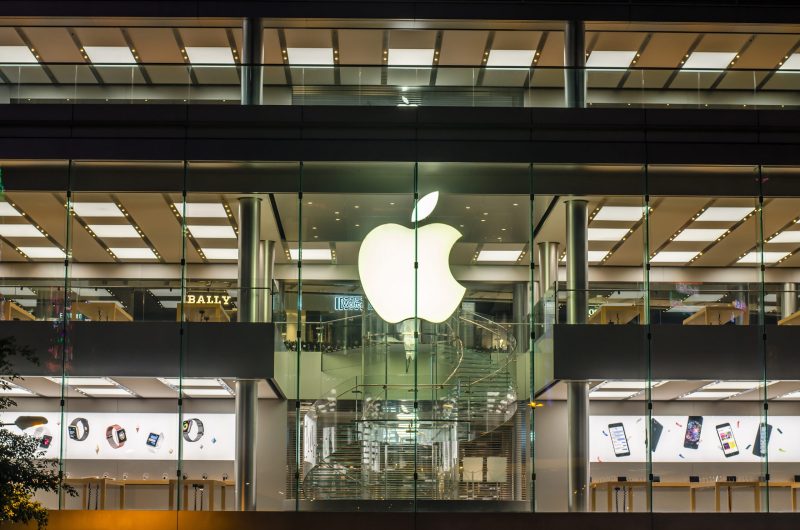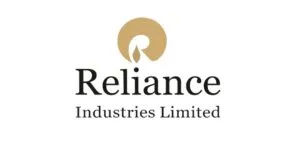Apple Inc., the tech giant headquartered in Cupertino, California, is under scrutiny following a $95 million settlement in a class action lawsuit accusing it of unauthorised recordings and data sharing through its Siri voice assistant.
While the settlement resolves legal claims, Apple has firmly denied the allegations, reiterating its commitment to user privacy.
This development sheds light on the growing concerns surrounding the data privacy practices of voice assistants, an area increasingly under regulatory and public focus.
Siri puts a dent in Apple’s privacy-first narrative
Apple has long marketed itself as a privacy-first company, with features like on-device data processing and encrypted messaging.
The recent case, however, raises questions about how voice assistants like Siri handle user data.
The lawsuit alleged that Siri had been activated inadvertently, recording private conversations and sharing data with third parties such as advertisers.
Apple maintains it has never sold Siri data or used it for targeted advertising.
The company argues that Siri interactions are designed to process the minimum data necessary, often in real time, to deliver accurate responses.
Moreover, Apple clarified that audio recordings are not retained unless users explicitly opt-in to improve Siri’s functionality.
This defence is critical for Apple’s brand image, especially as voice assistants become ubiquitous in devices ranging from smartphones to smart home systems.
The debate over Siri’s practices highlights broader issues in balancing the convenience of artificial intelligence with user trust and regulatory compliance.
Why the $95 million settlement doesn’t imply guilt
The $95 million settlement may seem like an admission of wrongdoing, but such agreements often reflect strategic decisions to avoid prolonged litigation.
Apple’s decision to settle without admitting liability is a standard legal manoeuvre to limit reputational damage and legal costs. However, settlements of this magnitude inevitably spark public debate about the veracity of the claims.
In this case, the settlement allows tens of millions of users to claim up to $20 per Siri-enabled device.
This resolution provides some monetary relief to affected users but does not answer the underlying questions about whether Siri’s data handling violated Apple’s policies or user trust.
Regulatory challenges for voice assistant technology
Apple’s statement comes at a time when voice assistants are facing heightened regulatory scrutiny.
A parallel case involving Google’s Voice Assistant is ongoing in California, raising similar concerns about unauthorised recordings and data usage.
These lawsuits underscore the complexity of governing voice-activated technologies, which often rely on large datasets for continuous improvement.
Apple insists its privacy safeguards are robust, with advanced technologies designed to limit data exposure.
Still, the growing number of lawsuits highlights a gap between user expectations and the operational realities of AI-driven assistants.
As global data protection laws evolve, companies like Apple will likely face increasing pressure to demonstrate transparency in their data practices.
For consumers, this case serves as a reminder to review privacy settings and understand how voice assistants interact with their personal data.
This settlement could mark the beginning of tighter scrutiny for voice assistants across the tech industry.
As Apple continues to defend its privacy-first ethos, it remains to be seen whether its practices will align with the evolving expectations of regulators and users.
While the company has avoided admitting liability, the case serves as a pivotal moment in the broader conversation about balancing innovation with privacy in AI technologies.
The post Apple denies selling Siri data after $95 million settlement appeared first on Invezz


